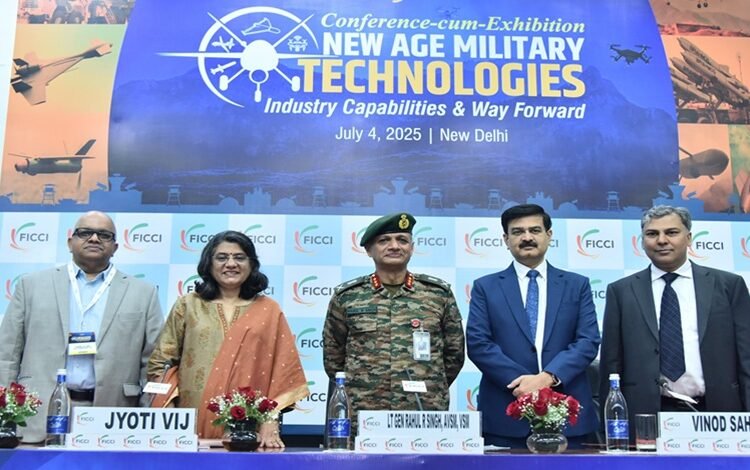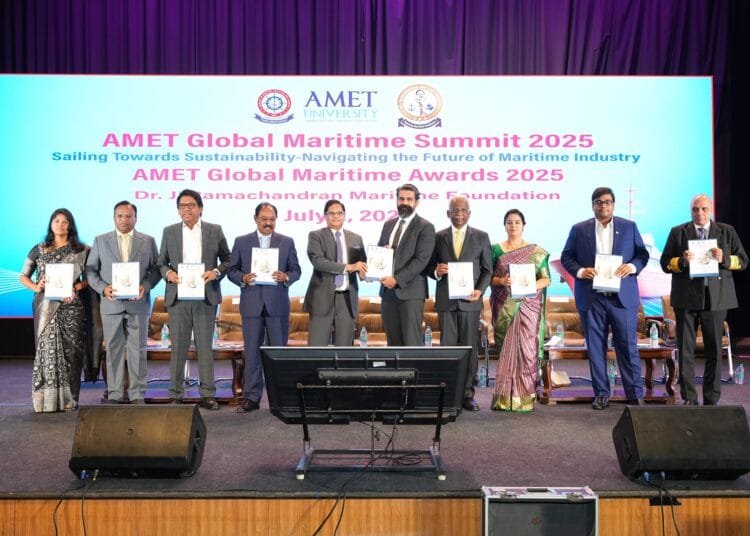SCM signing improves ease of doing business
Having signed a United Nations’ treaty on mediation of business disputes, India now need a quick law to implement the process of settling contractual differences as it develops a US$5 trillion economy through multi-billion-dollar deals.
India’s High Commissioner to Singapore, Jawed Ashraf, signed the United Nations Convention on International Settlement Agreements Resulting from Mediation on 7 August 2019, joining 46 other signatory countries.
A business-friendly law is urgently needed, and is widely expected soon, most likely based on a model provided within the framework of the treaty, said experts at the signing of treaty, named Singapore Convention on Mediation (SCM).
“The singing of the Convention is particularly important for the growth of mediation in India,” said Sriram Panchu, a Chennai-based senior advocate, mediator and arbitrator who was part of the Indian mediator community initiated team that worked on the Convention.
“India has adopted this (convention) and with that we have significantly enhanced the ease of doing business in India,” Press Trust of India quoted Panchu, an influential member of the National Legal Service Authority who works with the courts and the government.
“On the ease of doing business, as for the legal front, we are up by 50% just by signing this convention and it is a dramatic jump,” said Panchu at the Convention signing in Singapore.
But this is just a base convention that will have to be translated into an effective law in India, stressed the legal veteran who had set up India’s first mediation centre in Chennai in 2005.
Panchu wants to see a quick follow up with the law supporting the implementation of treaty for mediation of disputes between contracts signed by foreign companies with local parties including the Government and Public Sector Units (PSUs).
To further boost foreign investors’ confidence in the Indian market, Panchu felt that the law supporting the convention in India should cover all government contracts with investors for mediation both in India and in a third country choice of disputing parties.
Foreign investors, always keen to participate in India’s US$1-$1.5 trillion infrastructure development in the coming years, are wary of contracts with the Government and PSUs, which are under political influence and decisions are swayed by high office bearers, said a business observer annonymously of the most difficult part of progressing business deals in India.
Panchu’s call was supported by Sadhana Ramachandran, Advocate, Supreme Court, who sees a huge potential of increase in mediation in the country as foreign investments and participations are sought for multi-billion-dollar projects.
“We have now 80-100 matters a day with 300 mediators working in the Delhi High Court,” added Ramachandran who is also a Senior Mediator in the Supreme Court and Delhi High Court.
She expects mediator community to grow exponentially, given the need to have a mitigation department in every law firm.
There are a few thousand mediators in India, but more are required with the right temperament to mediate disputes as a first compulsory course of settlement and staying away from the battle of arbitration and litigation.
With contract-based business set to boost the Indian economy to be the third largest in the world, foreign companies venturing into India would now on ask legal groups about their mediation capabilities.
This is how foreign investors would want their contracts covered in a mediation centre in third country or host country and or their choice country listed in the convention, experts stressed.
India, as an example, is already a lead generator of business arbitration cases from South Asia in the Singapore International Arbitration Centre (SIAC).
President of the Law Society of Singapore Gregory Vijayendran said the potential of mediation in India is huge and it is an important market, even for legal services.
Vijayendran also noted high quality of legal expertise in India with top-class lawyers who would be able to manage mediation as they have done so with arbitration and litigation on world class basis.
Singapore hopes to offer mediation services as it is already a major point of handling arbitration cases involving Indian businesses.
Experts see SMC offering mediation services across Asia or beyond as Singapore is already an established financial centre with international network.
A number of UN member countries, both the convention signatories and yet to be signatories, will have to adopt domestic laws making the treaty effective within their respective jurisdictions, experts pointed out.
In a way to expedite the implementation of treaty in each signatory country, the Convention has an in-built law model for adoption, according to experts at the convention signing ceremony.
As soon as three signatory countries have ratified the treaty, the SCM will come into force, the earliest by the middle of next year, they said. fiinews.com










